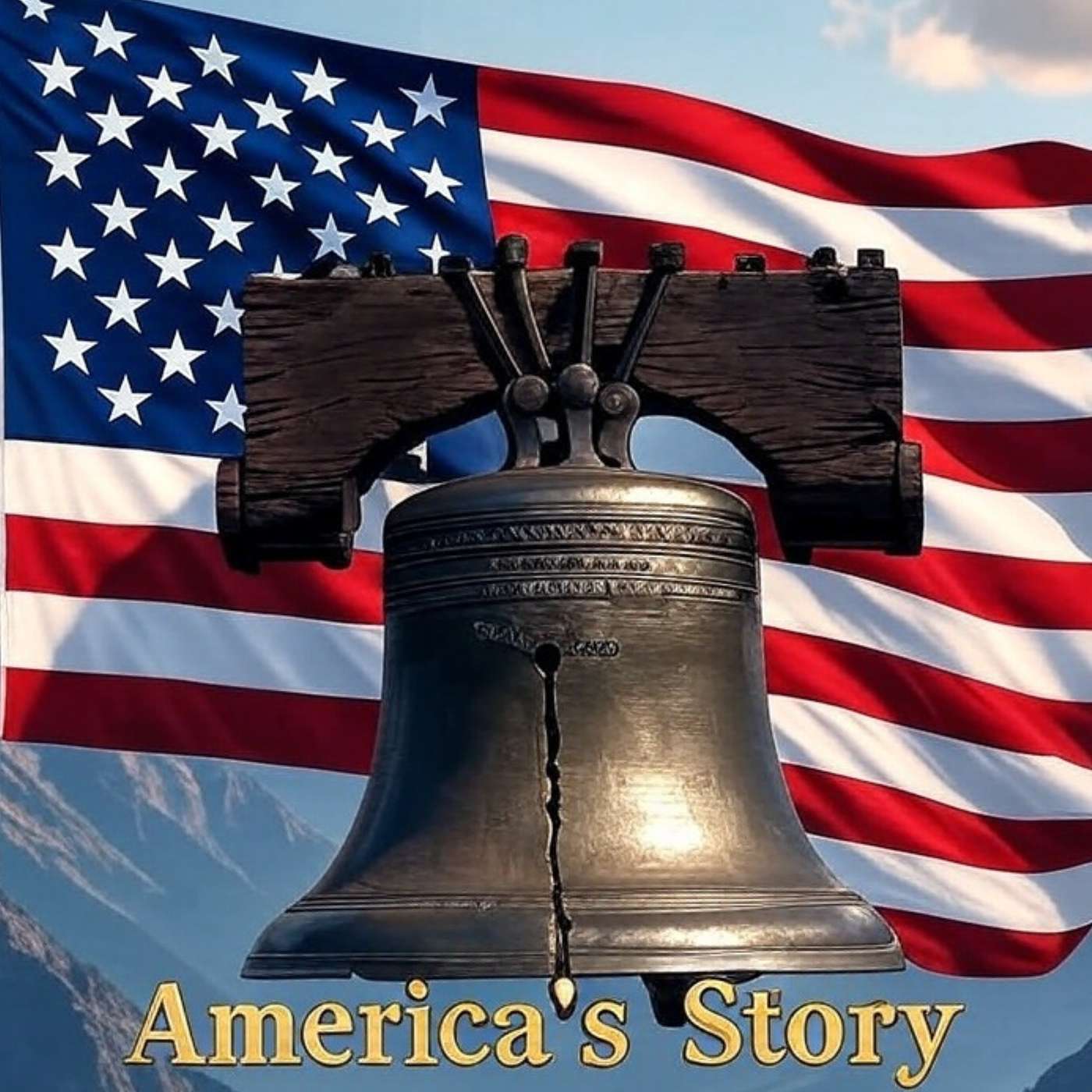MM#441--A House Dividing Again, pt 2---The Road to Disunion of 1860: The Fire Eaters and The Rhetoric of Ruin
Description
FAN MAIL--We would love YOUR feedback--Send us a Text Message
Words can move nations—and sometimes they move them off a cliff. We dive into the antebellum South to examine the Fire Eaters, the radical pro‑slavery leaders whose speeches, platforms, and media campaigns turned sectional tension into a secession movement. With William W. Freehling’s and Eric H. Walther’s research as our guide, we unpack how mainstream Democratic moderates once contained extremism, why that buffer failed, and how a small but relentless network reframed compromise as dishonor and delay as defeat.
We explore the core playbook: amplify grievance, define identity against an enemy, and repeat a simple choice—submit or secede. William Lowndes Yancey emerges as the silver‑tongued strategist who pushed the Alabama Platform and helped fracture the Democratic Party at Charleston in 1860, while Robert Barnwell Rhett’s Charleston Mercury kept the pressure on with relentless editorials and organizing. Their coordination—one commanding the stage, the other the press—created a feedback loop that made moderation sound timid and militancy sound inevitable. Along the way, we revisit key flashpoints like Bleeding Kansas and the caning of Charles Sumner, not as isolated events but as fuel for a narrative that sold rupture as rescue.
This conversation isn’t just about the past; it’s a lens for the present. We track how over‑the‑top rhetoric accelerates polarization, how media ecosystems can reward the loudest voices, and what happens when political identity hardens into a zero‑sum creed. The takeaway is both sobering and practical: language shapes choices, and choices shape history. If you care about how societies keep disagreement from becoming disaster, this story matters.
Key Points from the Episode:
• Fire Eaters defined as radical pro‑slavery secessionists
• Moderates within the Democratic Party as temporary brake on extremism
• Propaganda through speeches and newspapers to harden opinion
• Yancey’s Alabama Platform and Charleston 1860 walkout
• Rhett’s Charleston Mercury as engine of agitation
• Walther’s argument on movement diversity and acceleration of secession
• Biographical arcs of Yancey and Rhett as case studies in radicalization
• Caution on the social cost of over‑the‑top rhetoric
• Preview of a debate comparing 1860 rhetoric to today
Other resources:
Want to leave a review? Click here, and if we earned a five-star review from you **high five and knuckle bumps**, we appreciate it greatly!







